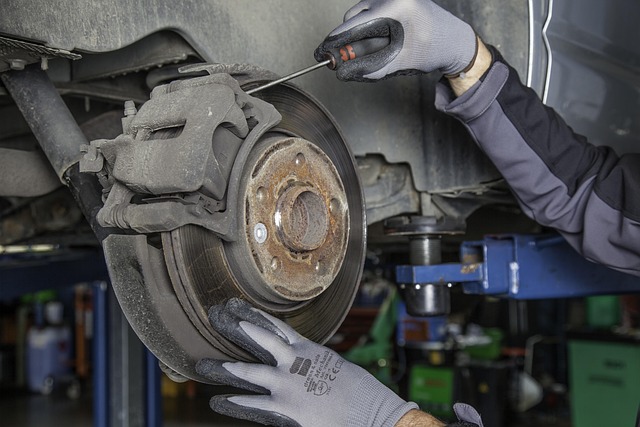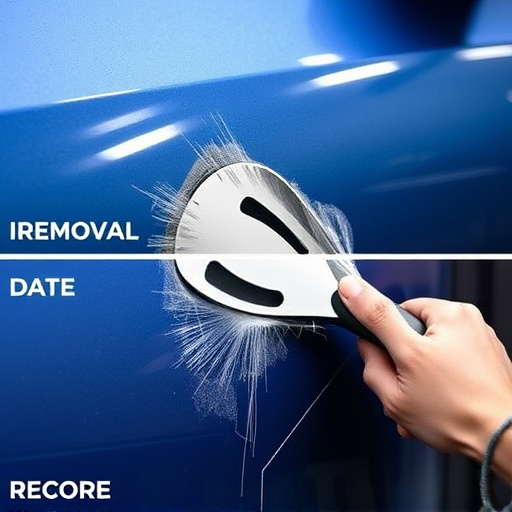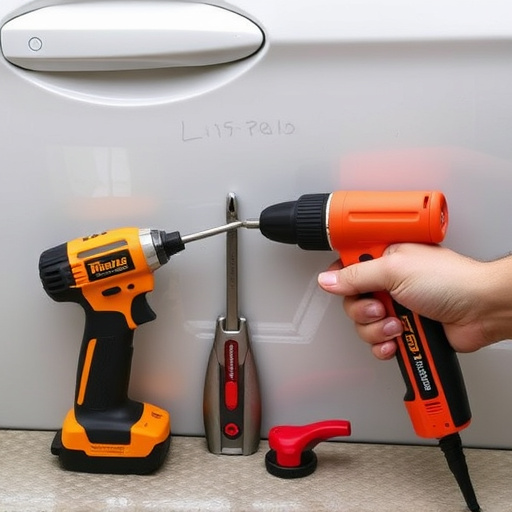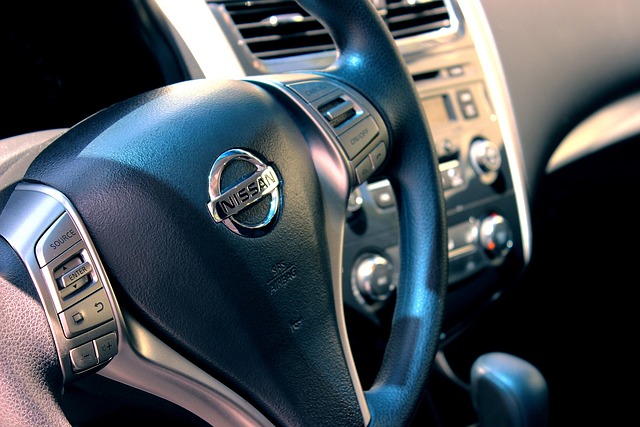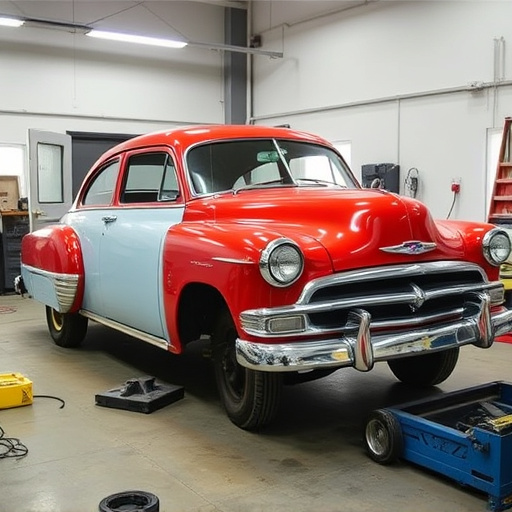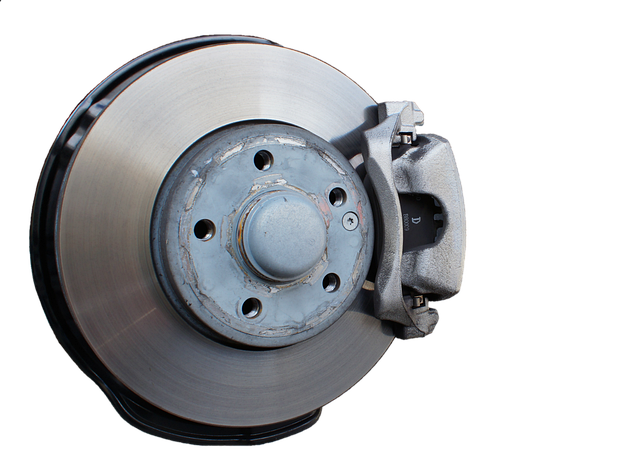The EPA sets strict rules for automotive facilities, focusing on sustainable waste management, hazardous material handling, and emissions control to minimize environmental impact during car repair and refinishing. Effective training programs, covering waste management, hazardous materials, air quality, and safe disposal, are vital for an EPA compliant body shop. Strict protocols, including clear guidelines, regular staff meetings, and consistent training, ensure adherence to regulations, fostering a culture of excellence in both automotive repair and customer satisfaction.
Training staff to adhere strictly to Environmental Protection Agency (EPA) compliant body shop protocols is essential for maintaining environmental integrity, ensuring regulatory compliance, and protecting both employees and customers. This comprehensive guide delves into understanding critical EPA regulations specific to body shops, developing effective training programs that cover all aspects of compliance, and implementing robust enforcement mechanisms. By strictly adhering to these protocols, body shops can foster a culture of sustainability and responsible practices.
- Understanding EPA Regulations for Body Shops
- Developing Comprehensive Training Programs
- Implementing and Enforcing Strict Protocols
Understanding EPA Regulations for Body Shops
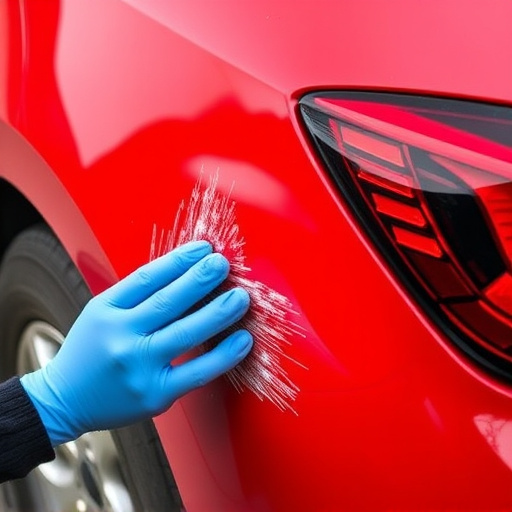
The Environmental Protection Agency (EPA) sets and enforces regulations to ensure that automotive facilities, including body shops, operate in an environmentally responsible manner. For an EPA compliant body shop, understanding and adhering to these standards is paramount. These regulations cover a wide range of aspects, from waste management and hazardous material handling to air and water emissions control.
Body shops, especially those offering car repair services and auto body services, must be vigilant in their compliance efforts, particularly when dealing with materials commonly used in automotive repairs and refinishing, such as paints and solvents. A fender bender or minor collision can generate significant waste and pollution if not handled properly, underscoring the importance of EPA adherence for all facilities engaging in these services.
Developing Comprehensive Training Programs

Creating effective training programs is a cornerstone in ensuring an EPA compliant body shop. These programs should encompass all aspects of environmental regulations and best practices, tailored to the specific needs of auto collision centers and car restoration facilities. A comprehensive curriculum can include modules on waste management, hazardous material handling, air quality control, and safe disposal methods. By integrating these topics into staff training, auto repair shops can foster a culture of compliance and sustainability.
Additionally, regular updates and refresher courses are essential to keep up with evolving EPA standards and the latest advancements in car repair services. Engaging interactive sessions, case studies, and role-play scenarios can make training more engaging, allowing employees to grasp complex protocols easily. Such an approach not only promotes adherence to regulations but also empowers staff to take ownership of environmental responsibility in their day-to-day operations, including tasks related to car restoration and collision repair.
Implementing and Enforcing Strict Protocols

Implementing and enforcing strict protocols is paramount for any EPA compliant body shop aiming to excel in quality and safety. These protocols cover a wide range, from proper waste disposal methods to adherence to environmental regulations during automotive body work and car damage repair processes. Management must actively promote these standards, integrating them into every facet of operations. Regular staff meetings dedicated to protocol updates, best practices, and open discussions can foster a culture of compliance.
Clear guidelines, readily accessible to all employees, are essential. These documents should outline step-by-step procedures for every task, ensuring everyone understands their responsibilities. Consistent training sessions, incorporating real-world scenarios and hands-on practice, will reinforce these protocols. Ultimately, fostering a mindset where strict adherence is not just expected but celebrated among staff will ensure the EPA compliant body shop maintains its high standards in both automotive repair and customer satisfaction.
Training staff to adhere strictly to EPA-compliant body shop protocols is a multifaceted process that requires comprehensive understanding of environmental regulations, well-structured training programs, and consistent enforcement. By implementing these practices, body shops can ensure they meet all necessary standards while maintaining efficient operations. This approach not only safeguards the environment but also fosters public trust and strengthens the reputation of the business as a responsible steward of resources.

